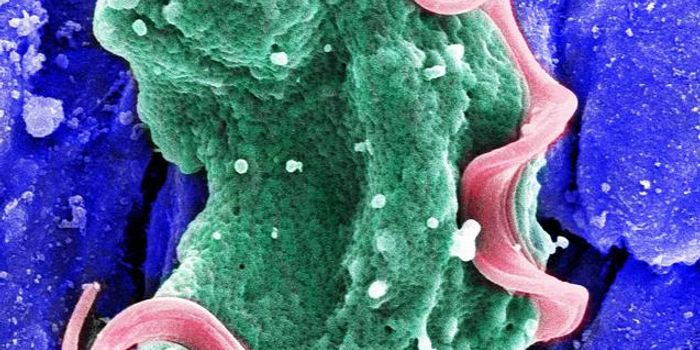A Concerning Link Between Malnutrition & Antibiotic Resistance is Discovered
Humans and most animals host a community of microbes, including bacteria, fungi, and viruses, in their gastrointestinal tracts. The composition of this gut microbiome has been shown to have close connections to various aspects of health and well-being. A new study has used a mouse model to show that when individuals do not consume enough micronutrients, the composition of the gut microbiome can change significantly. The study has suggested that a lack of micronutrients like folate, iron, vitamin A, vitamin B12, and zinc can reshape the composition of the gut microbiome. It may also help explain why antibiotic resistance is a growing problem around the world. The findings have been reported in Nature Microbiology.
In this study, the researchers found that micronutrient deficiencies led to a major increase in species of bacteria and fungi that are known as opportunistic pathogens. Mice with micronutrient deficiencies also seemed to promote antibiotic resistance; these mice carried more genes and gene networks that are encoded by pathogenic bacteria and which have been linked, either directly or indirectly, with antibiotic resistance.
Antibiotic-resistant bacteria can cause infections that are extremely difficult to eliminate, and they already cause the deaths of thousands of people every year. Experts are warning that the threat of antibiotic resistance will grow, and there is an urgent need to stem the spread of antibiotic resistance, and find new drugs that can eliminate bacterial infections. The misuse and overuse of antibiotics is thought to be a major contributor to this problem. This study has revealed, however, that a lack of proper nutrients could be adding to antibiotic resistance as well.
"Micronutrient deficiency has been an overlooked factor in the conversation about global antibiotic resistance," said Dr. Paula Littlejohn, a postdoctoral researcher at UBC, and the BC Children's Hospital Research Institute. "This is a significant discovery, as it suggests that nutrient deficiencies can make the gut environment more conducive to the development of antibiotic resistance, which is a major global health concern."
About 340 million children under the age of five are prescribed antibiotics because they have illnesses that are related to malnutrition. The gut microbiomes of these children may already be more likely to promote antibiotic resistance because of malnutrition, noted Littlejohn.
This research has emphasized the importance of comprehensive approaches to address malnutrition and its consequences.
Sources: University of British Columbia (UBC), Nature Microbiology









